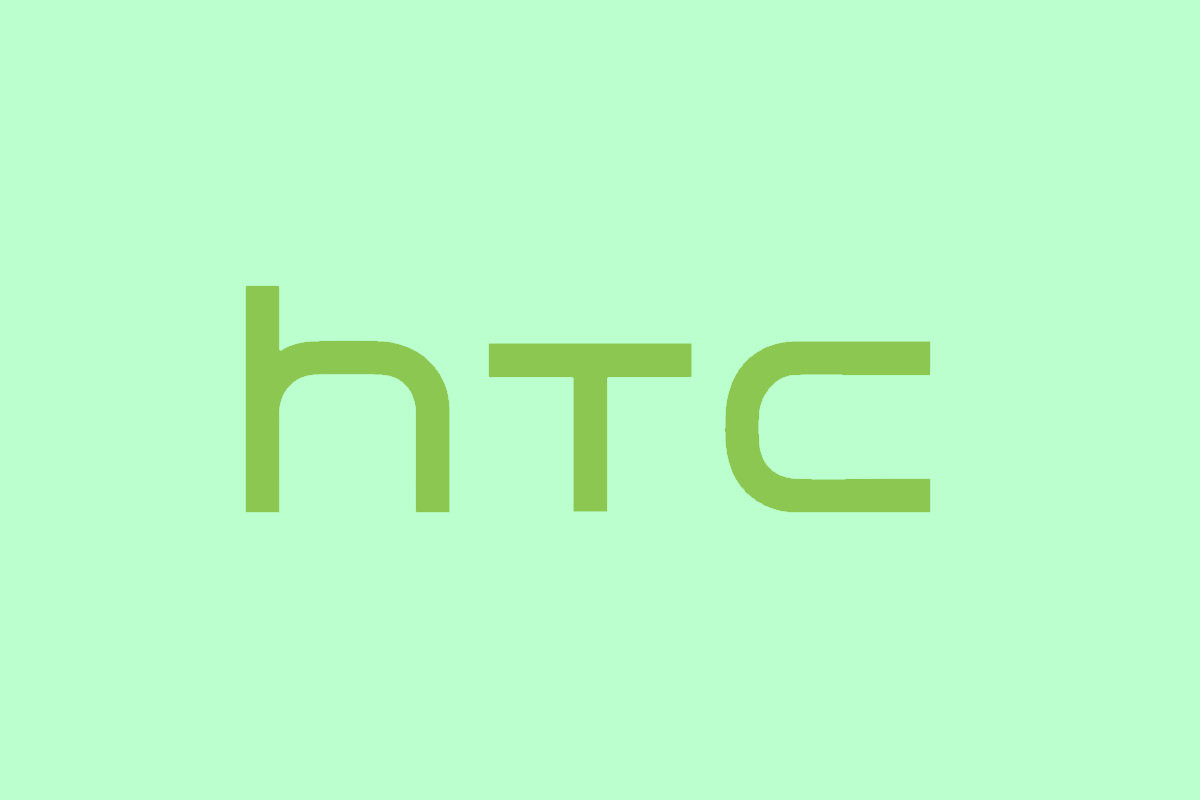It is no secret that HTC is long past its glory days. The Taiwanese OEM once used to compete against the likes of Samsung, matching it phone-for-phone, but now, it is nowhere to be seen. HTC isn't giving up on making smartphones just yet, but it may consider switching up its strategy for key markets and segments. According to a recent report from Economic Times, the OEM is in talks with Micromax, Lava and Karbonn to license its brand for use in the Indian market.
HTC is in advanced stages of discussion with Micromax, Lava and Karbonn for licensing its brand for smartphones, mobile accessories and tablets, allowing to return to the Indian market, albeit in a different format. In lieu of the permission to use the HTC brand to sell these products, HTC will earn royalty. There is a possibility that Lava and Karbonn may team up to bid for the HTC brand license.
HTC smartphones usually targeted the ₹10,000+ market segment, a segment that Indian smartphone makers like Micromax, Lava and Karbonn had quit as they could not survive the constant onslaught of value releases from Chinese OEMs like Xiaomi and Oppo, as well as from Samsung. The ₹10,000+ price segment is the fastest-growing market segment in the country, with intense competition that has been further been intensified by releases like the Xiaomi Redmi Note 7 which is targeting this very segment with a very attractive package.'
However, while the Indian companies may get brand rights for HTC, it might still be a challenge for them to regain the market share that they once enjoyed. Indian smartphone brands enjoyed as much as 40% market share in 2015, but now occupy only single-digit shares, which again, is fuelled mainly by sales of feature phones and entry level smartphones. The Indian companies continue to lack the hardware, software or R&D capabilities that the Chinese giants in India enjoy, so leveraging an almost dead brand like HTC is not really going to magically help them to the top of the market. There's a reason that HTC, Micromax, Karbonn and Lava are not popular names in the Indian market, and that reason does not appear to be changing with this deal. While we want to be optimistic as more competition is good for the end consumer, at the end, we'll have to be practical.

